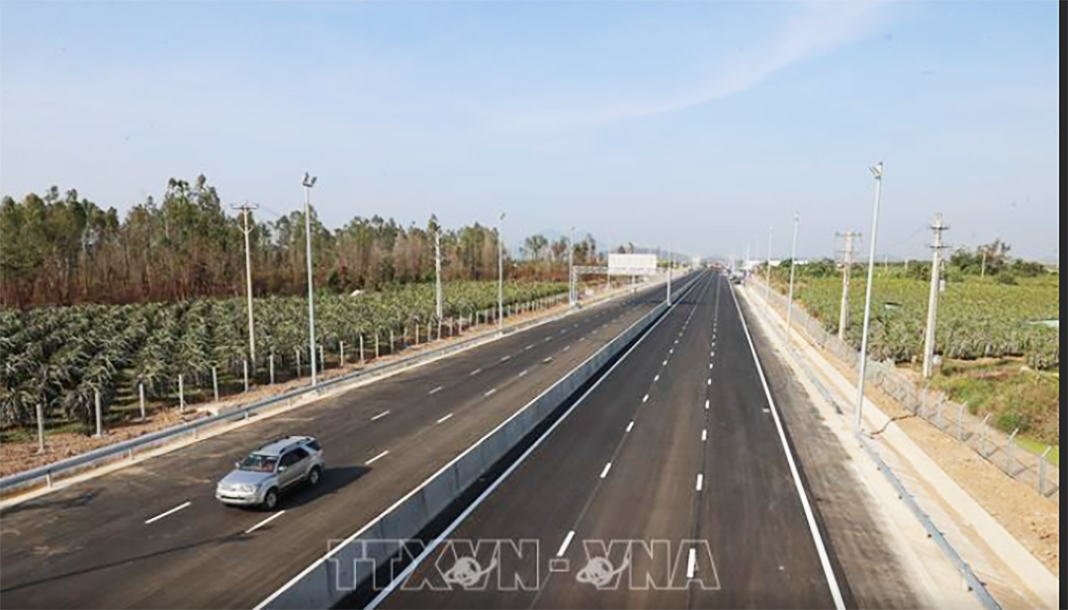HCMC – The Politburo of the Party Central Committee has called for continued investment in vital infrastructure projects, especially expressways, North-South express railway, international airports, and seaport systems, paving the way for the country to become an industrialized and modern economy by 2030.
The Politburo has issued Conclusion No. 72 regarding the continued execution of Resolution No. 13-NQ/TW that promotes the development of a synchronized infrastructure system to transform Vietnam into a basically industrialized and modern economy.
Since Resolution No. 13-NQ/TW came out 10 years ago, the Politburo acknowledged several significant achievements had been made. However, the Politburo noted that there remain many limitations and challenges to cope with.
To effectively continue implementing Resolution No. 13-NQ/TW, the Politburo demanded resolute actions be taken by party committees, party organizations, governments, officials and party members to develop a modern and synchronized infrastructure system.
The objective is for Vietnam’s infrastructure system to be commensurate with that of a developing country with modern industry and high middle income by 2030.
The Politburo stressed the need to amend laws and policies on infrastructure development, and explore pilot models for public investment plus private management, and private investment plus public usage.
The Politburo said in the conclusion that strong mechanisms and policies would be required to facilitate the establishment of leading conglomerates with sufficient resources, modern management capabilities, and access to advanced technology needed for construction of mega infrastructure projects.
Apart from administrative reforms, the Politburo said, the investment and business environment must be further improved to facilitate the participation of the private sector while investment decision making authority must be delegated to leaders.
Ministries and agencies should review the current mechanisms and policies and issue new ones to shorten the land clearance and compensation process and separate land clearance and resettlement support from already-planned infrastructure investment projects to speed up project execution.
The conclusion mentions setting up an infrastructure development fund, applying a flexible public debt ceiling based on debt repayment capability to make more resources available and accelerating the development of the infrastructure system.











